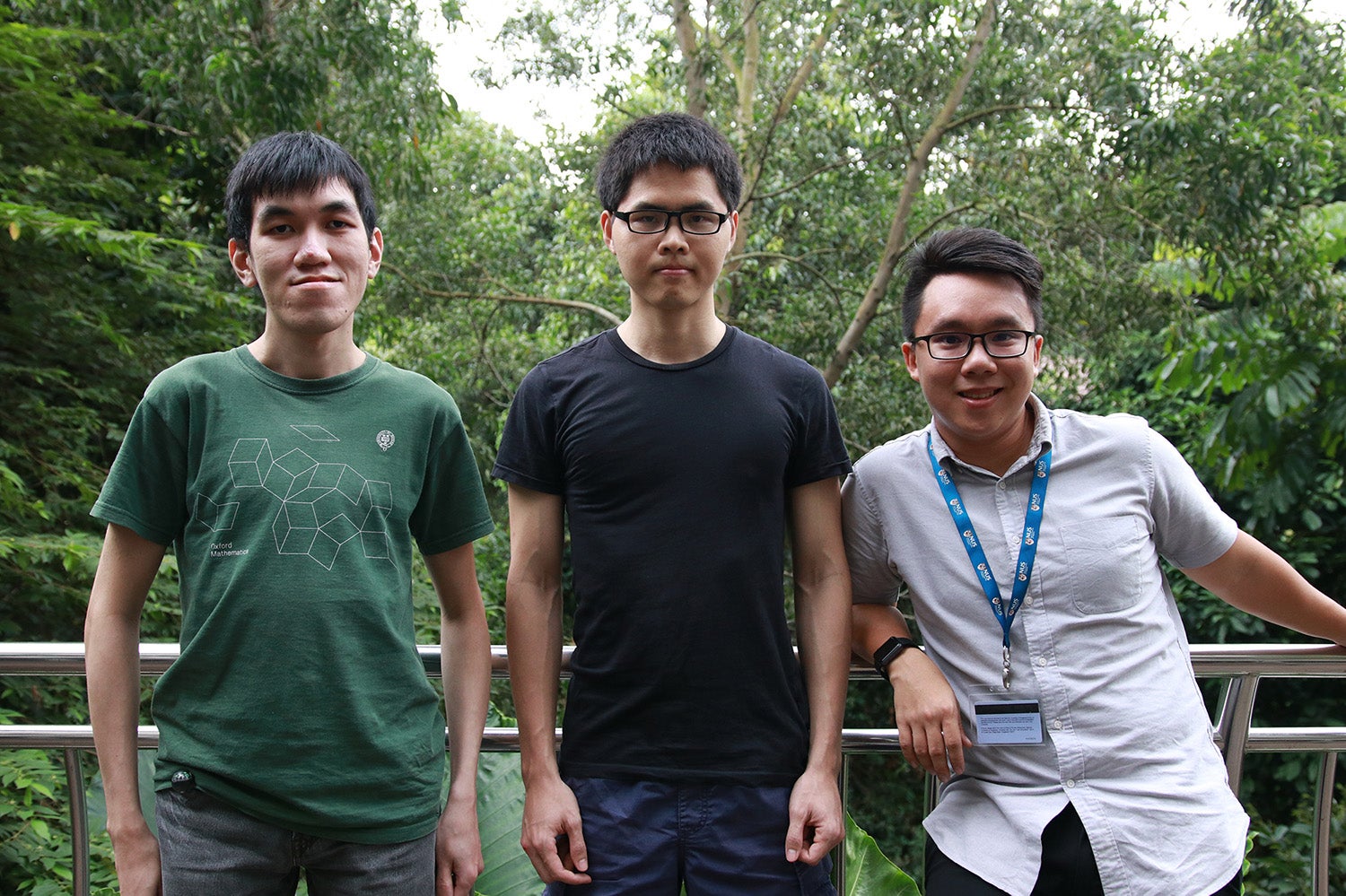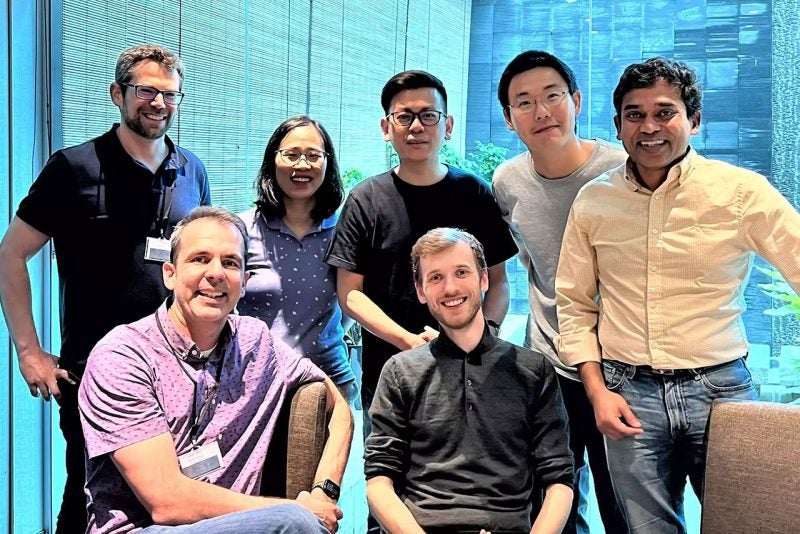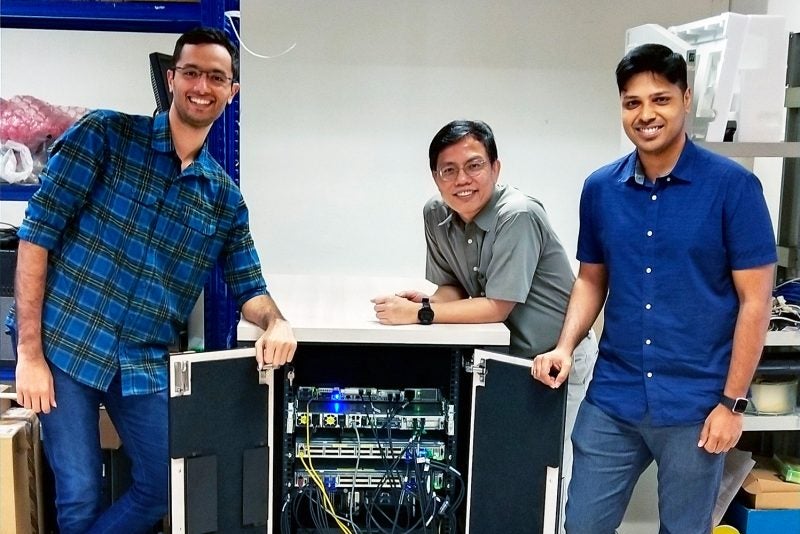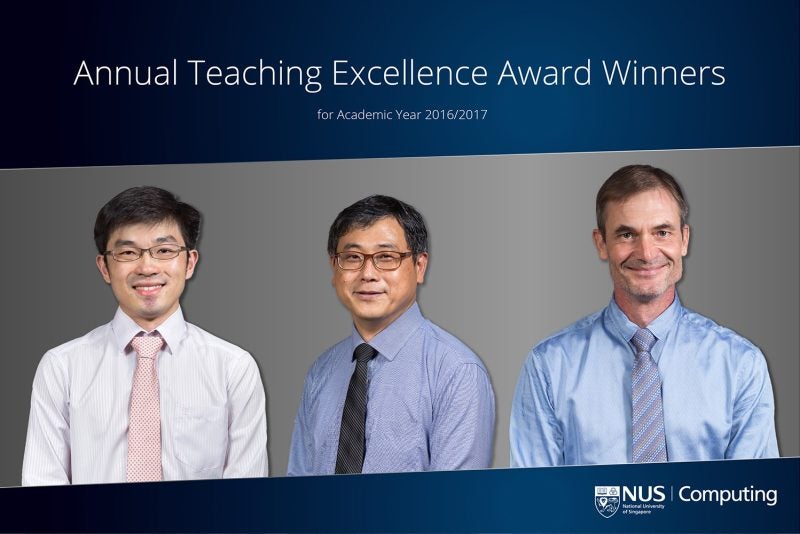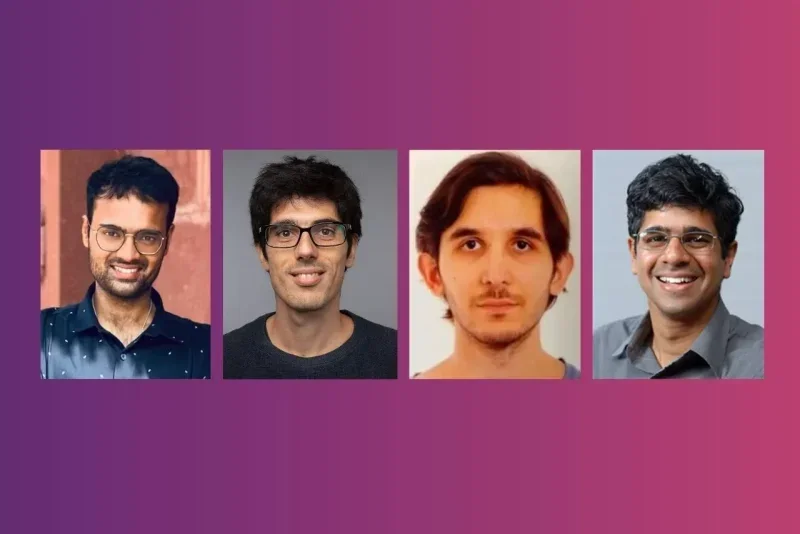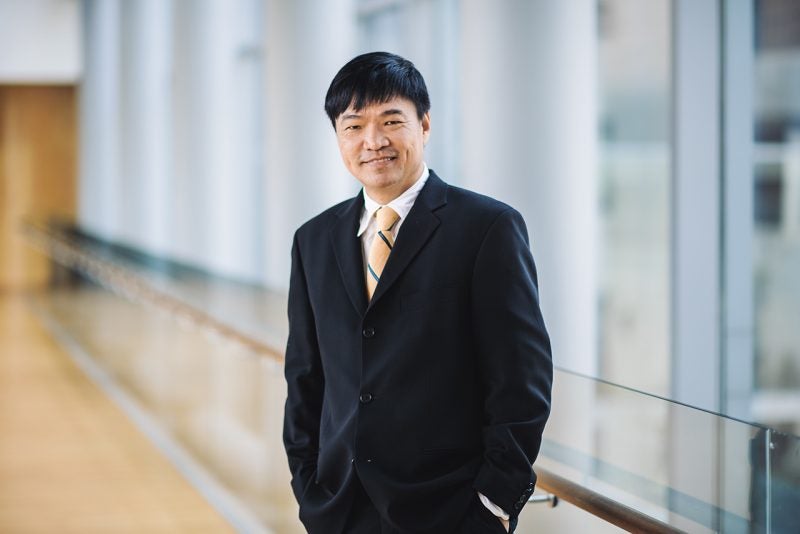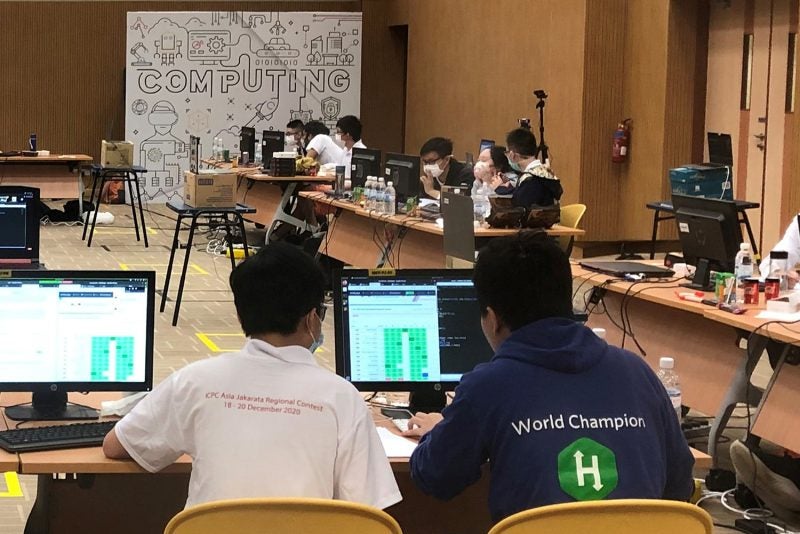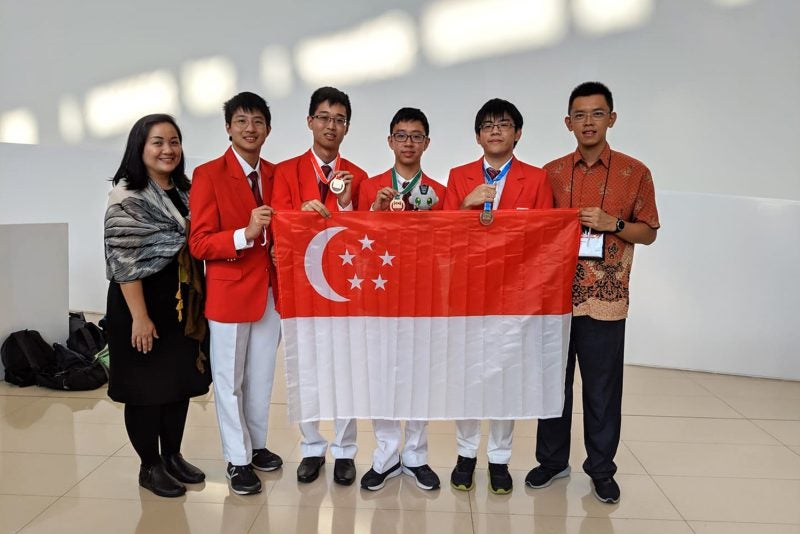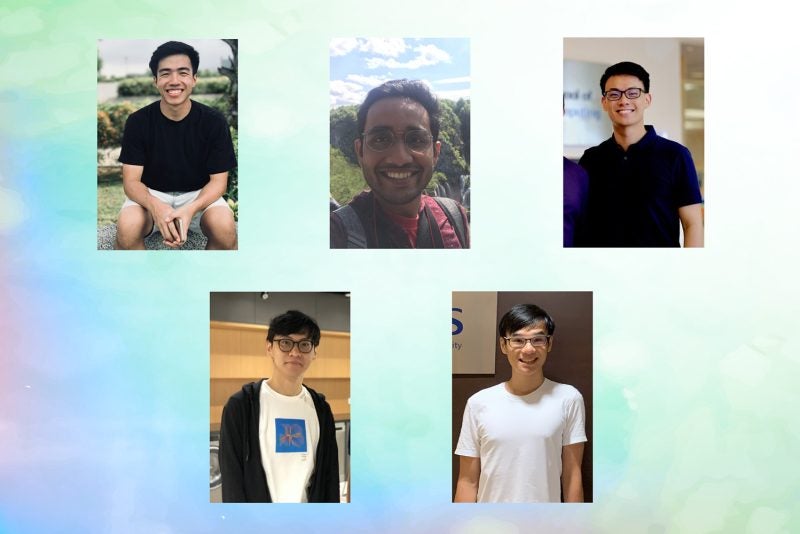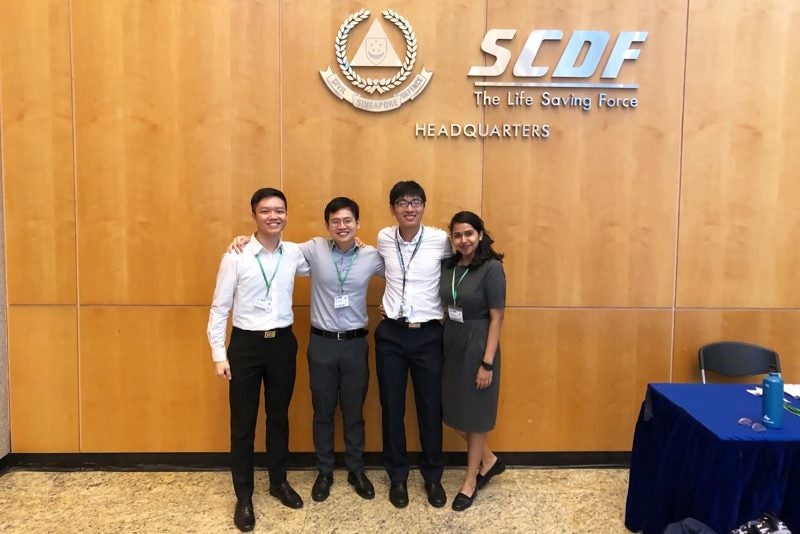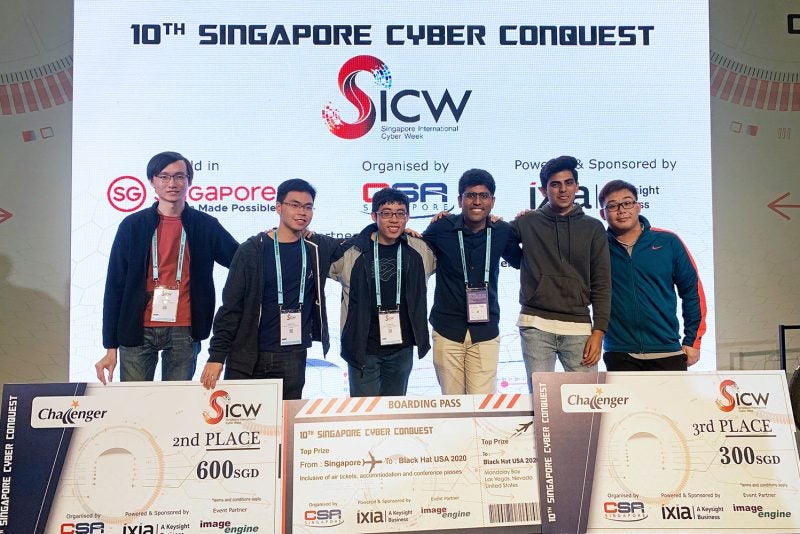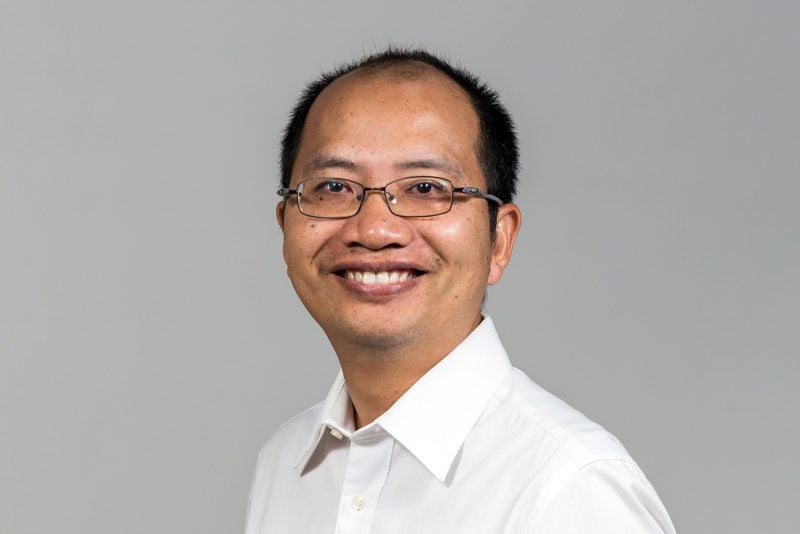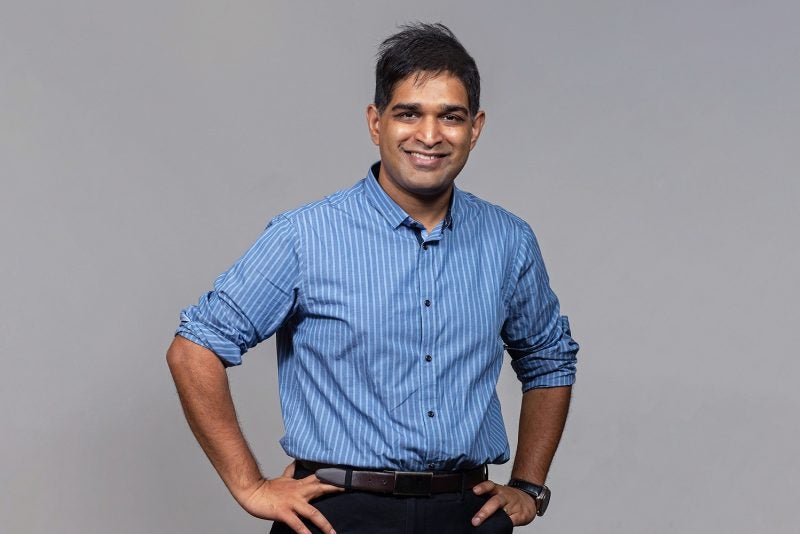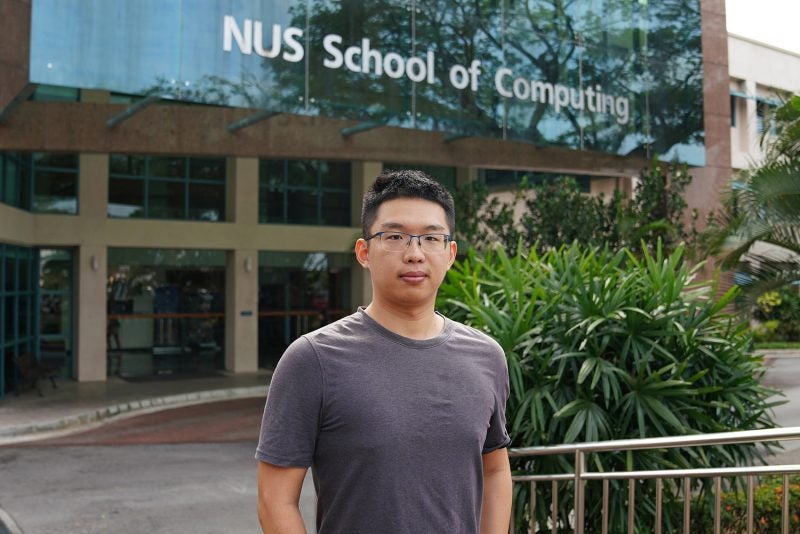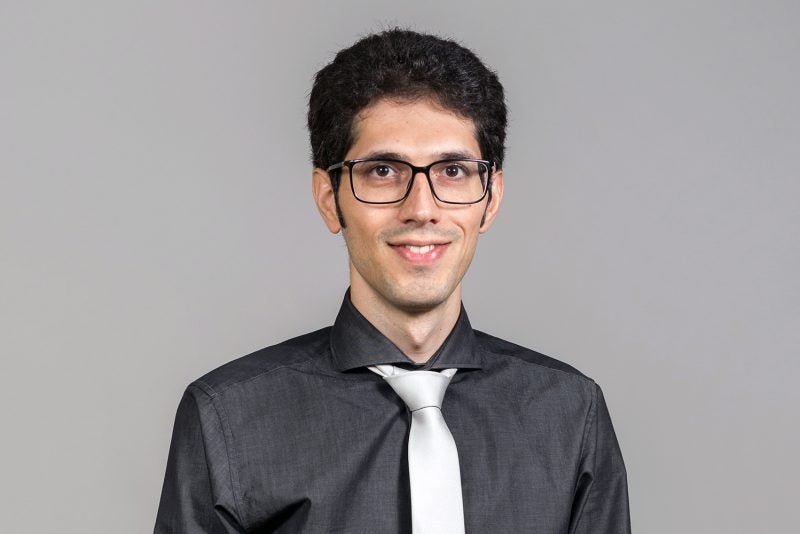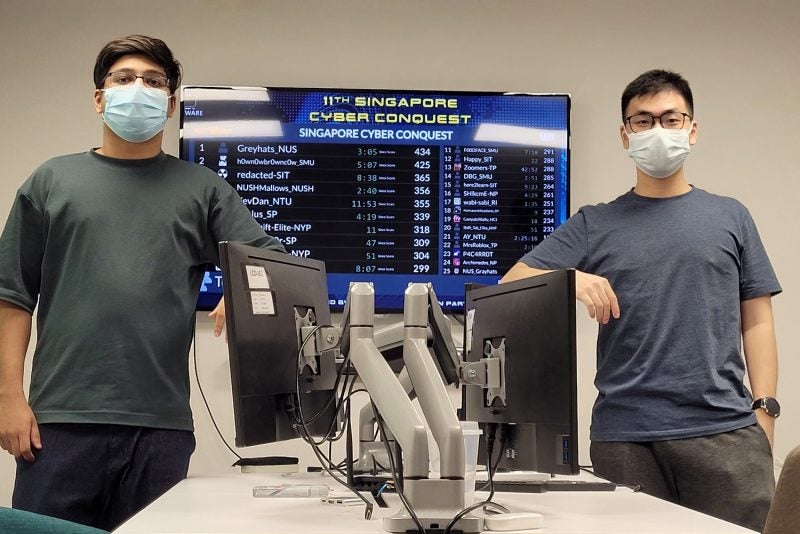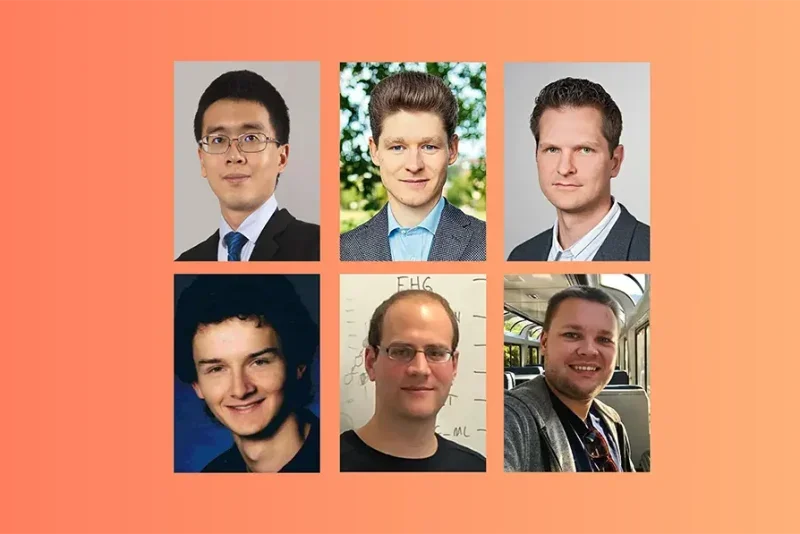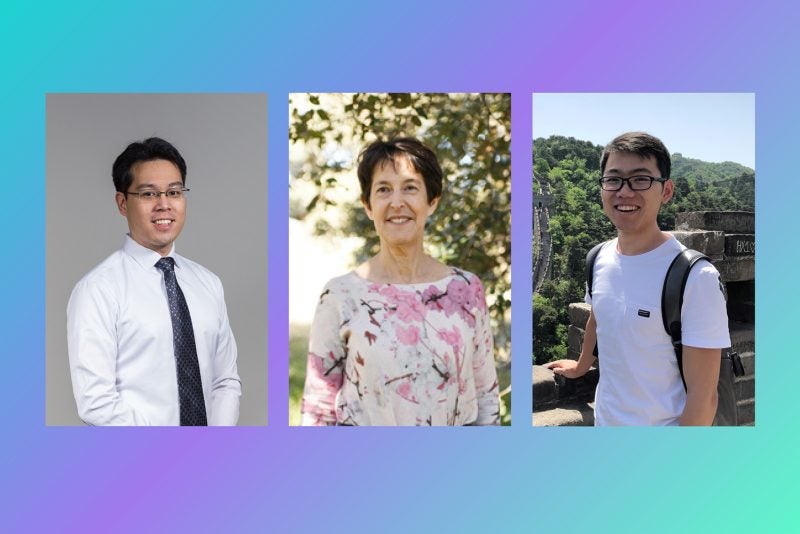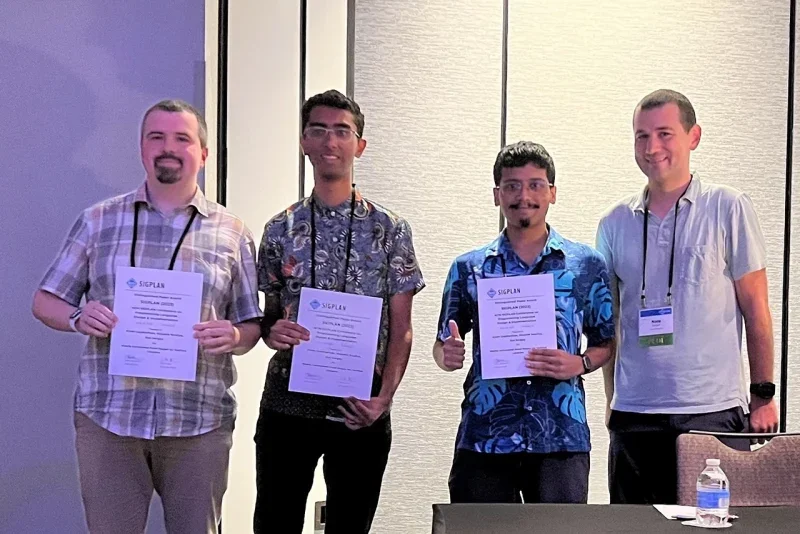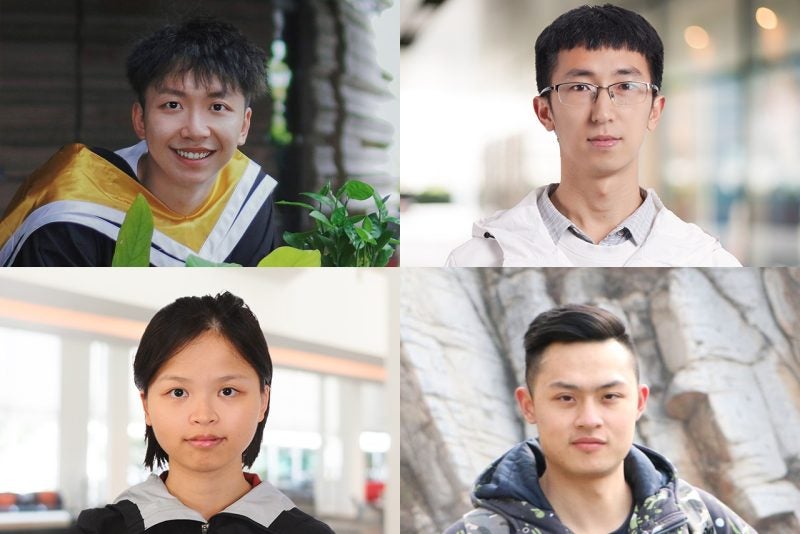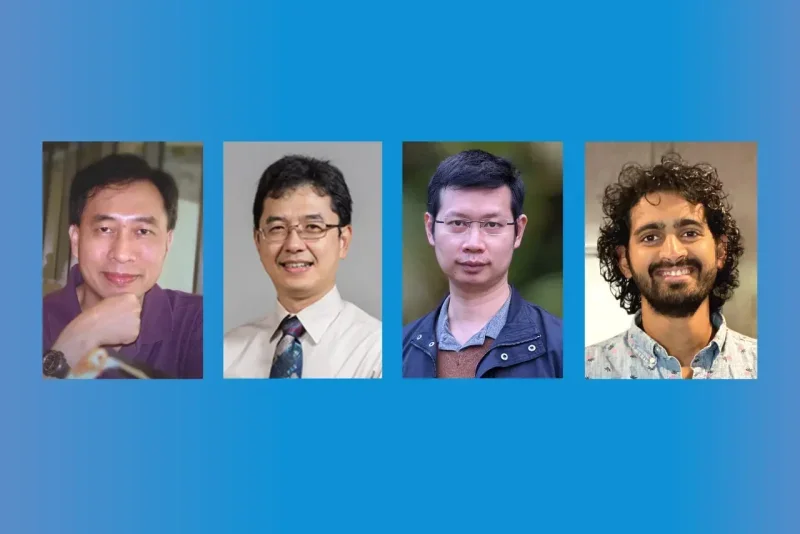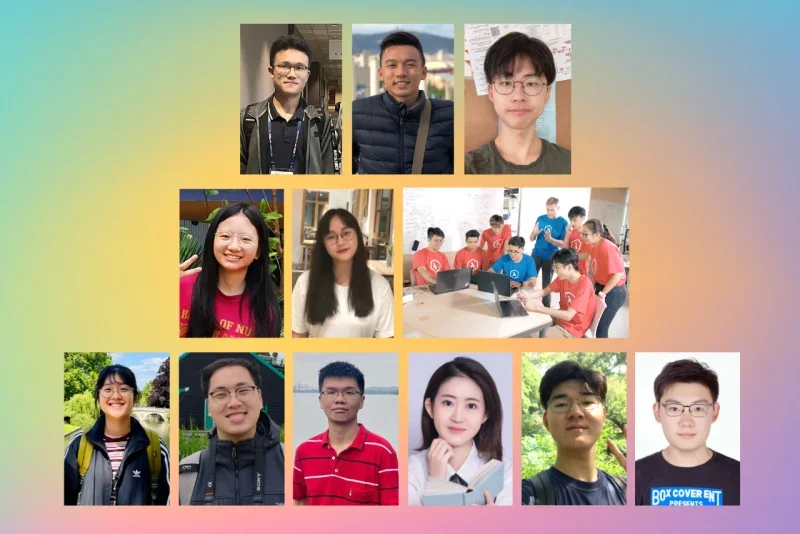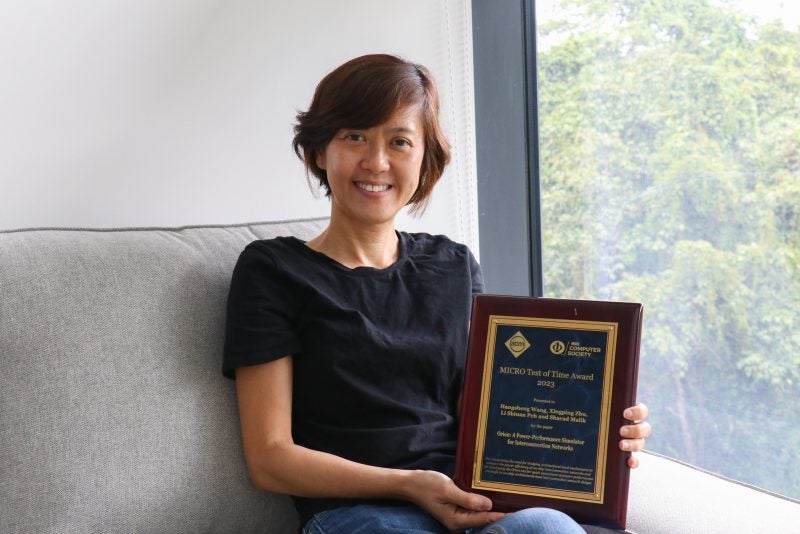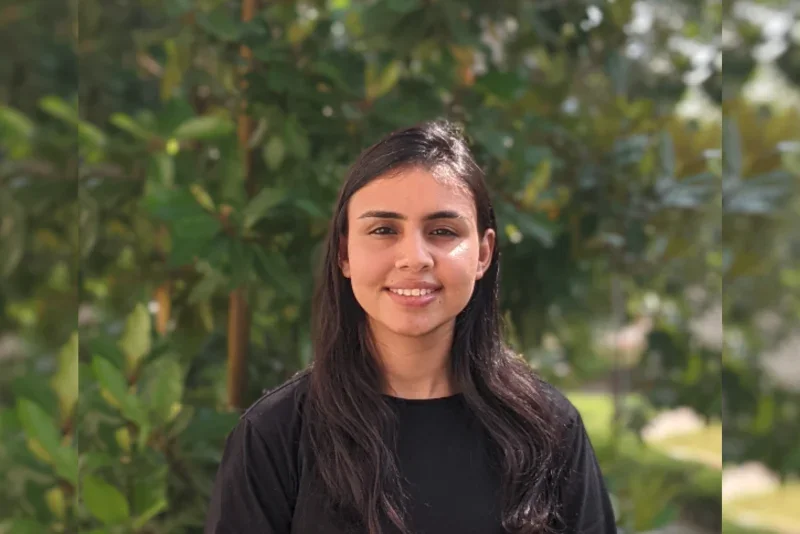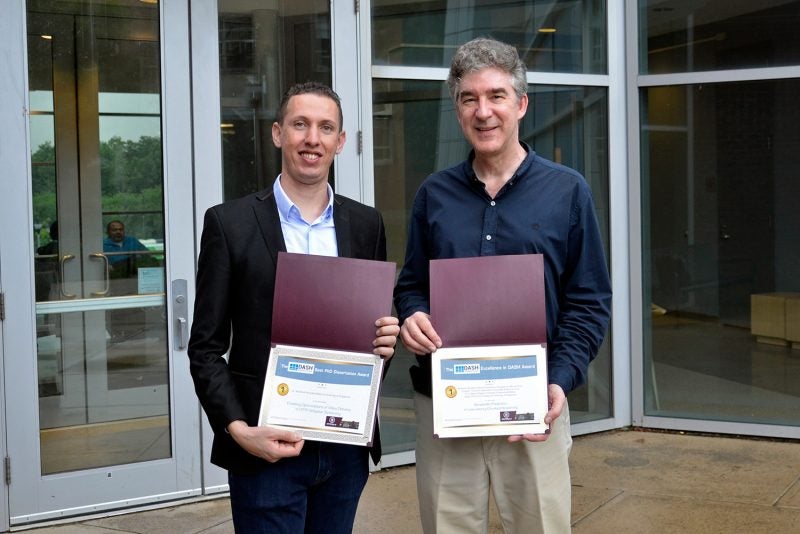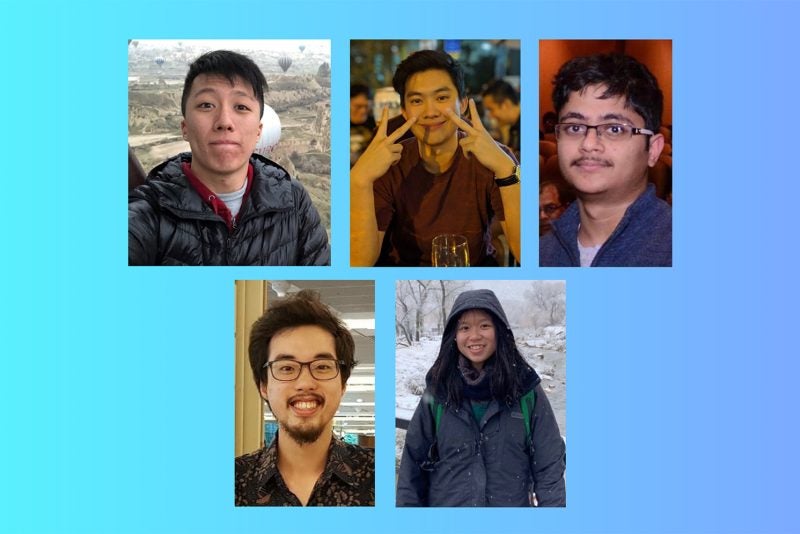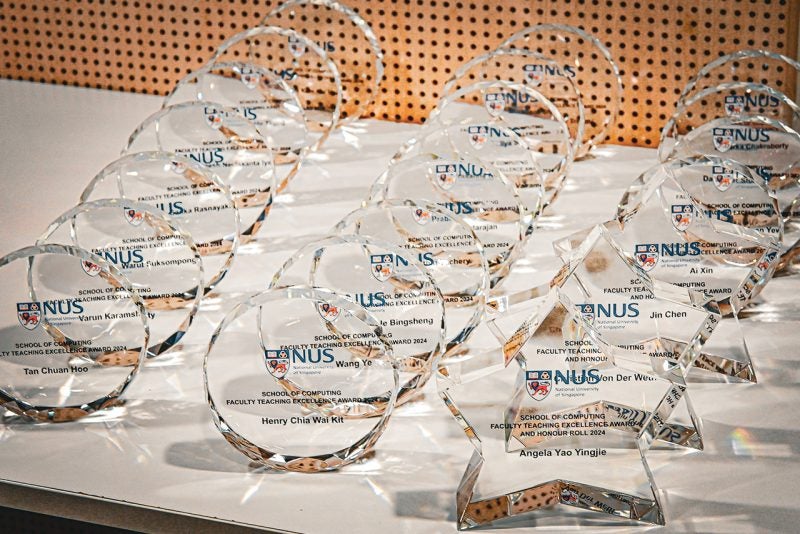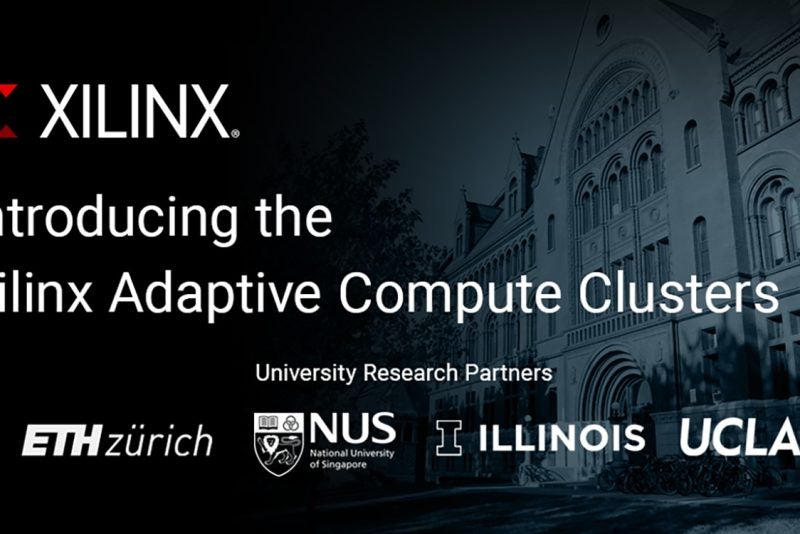4 October 2018 – Two NUS Computing students and two alumni received the NUS Outstanding Undergraduate Researcher Prize (OURP) for Academic Year 2017/2018 on 21 June 2018.
The annual, university-wide competition encourages undergraduates to pursue research projects and recognises exceptional undergraduate researchers for their work. Computer Science undergraduate Wang Riwu, Computer Science PhD student Eric Han, and alumni Oh Shunhao and Tean Zheng Yang were awarded the prize for their Final Year Projects (FYP).
Projects and awardees
- SLIONS Karaoke by Wang Riwu
- Feature Selection Algorithm for Machine Learning by Eric Han
- Cloud Computing System Design and Implementation by Tean Zheng Yang
- Online Circle Packing by Oh Shunhao
SLIONS Karaoke by Wang Riwu
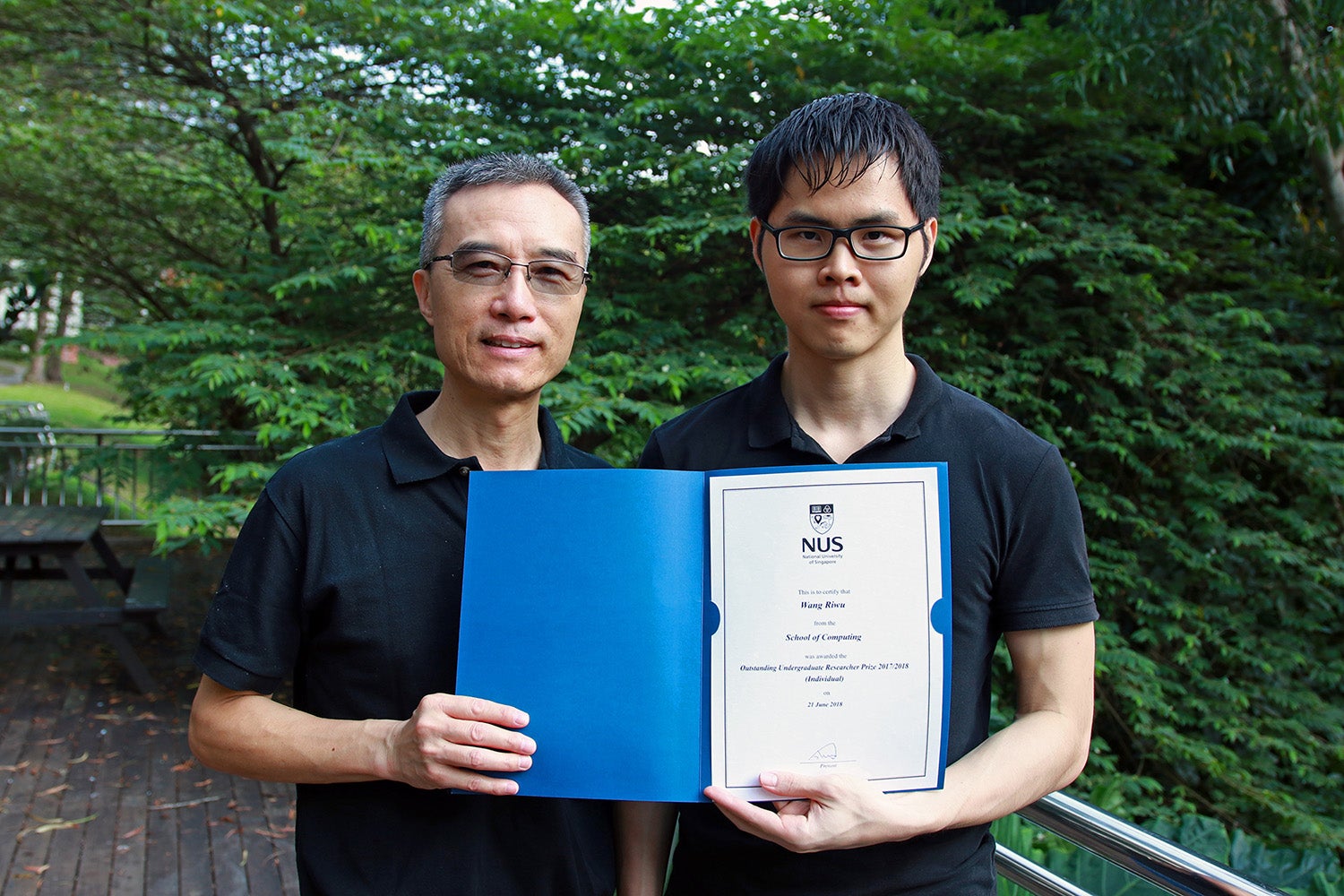
Final-year Computer Science student Wang Riwu was awarded the prize for his developing SLIONS Karaoke, a multi-language karaoke application that teaches users new languages through songs. The project is helmed by Computer Science PhD student Dania Murad and Associate Professor Wang Ye. Riwu joined the team as the lead developer to build and develop the programme’s mobile and web applications.
“Currently in the market, there are many language apps and karaoke apps. Our app combines both concepts to teach users new languages through karaoke singing. It is the first of its kind,” said Riwu. The team built a multi-language mobile application, which uses singing-to-text recognition technology to provide automated personalised feedback to correct users’ pronunciation. To complement the app, Riwu and his team also developed a classroom management system web application for teachers to review their students’ individual profiles and usage analysis. The mobile application is available on both the Google Play Store and Apple iTunes Store.
“Learning languages, especially foreign languages, have always been a daunting yet an often necessary task for many people,” said Riwu. “This project uses music, a popular form of entertainment, to make the learning process engaging and effective. Studies have also shown that singing has clear benefits in language acquisition. Singing increases motivation for people to learn new languages and learners of all ages find the medium enjoyable.”
Riwu also won the $2,000 SoC Innovation Prize and the $10,000 I&E Practicum@SoC grant to turn SLIONS Karaoke into a viable business. In addition, the team’s research paper, “SLIONS: A Karaoke Application to Enhance Foreign Language Learning”, was accepted for an oral presentation at the 2018 ACM Multimedia Conference, where 64 of the submitted 757 papers received oral presentation slots.
Feature Selection Algorithm for Machine Learning by Eric Han
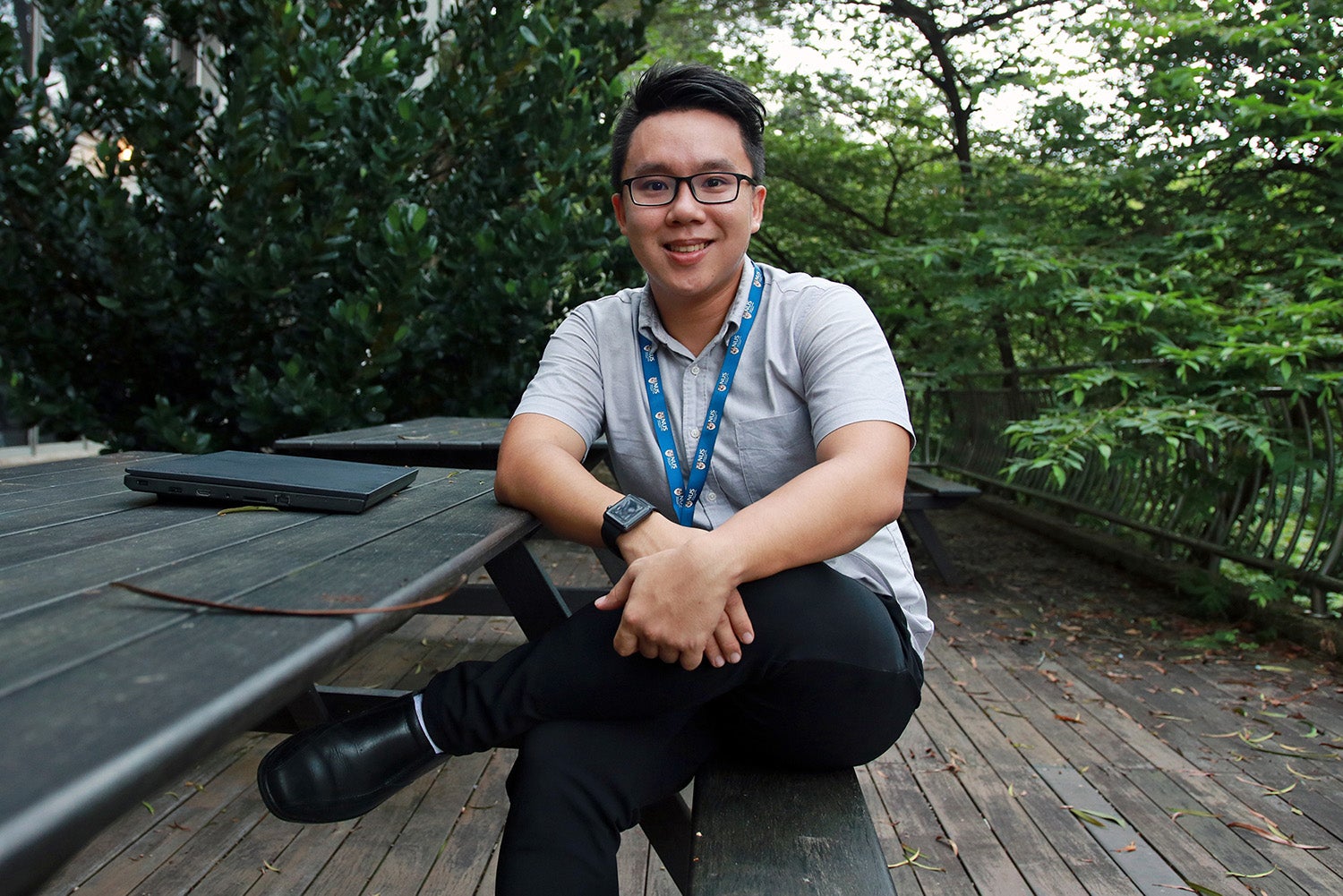
Recent Computer Science graduate and current PhD student Eric Han received the OURP for developing a feature selection algorithm for machine learning. Eric’s project was under the supervision of Associate Professor Martin Henz and the Agency for Science, Technology and Research (A*STAR).
Eric created a feature selection algorithm that works across varying domains while exploiting knowledge gained from machine learning algorithm. Building a machine learning model manually becomes ineffective when its data set grows larger. To automate the process, feature selection is used to select useful attributes in the data set. However, current methods do not consider important factors like feature correlation or dependence on the machine learning algorithm. To fix the problem, Eric designed an algorithm from Reinforcement Learning to solve the problem.
Furthermore, Eric also developed a software framework to run feature selection experiments. He said, “The software can run multiple experiments in a parallel manner, with many automation features such as the generation of Latex code to display the tables, plotting of curves and comparison of results.”
“Even though undertaking research was difficult, with many sleepless nights, it was all worth it. Research is about discovery and creating new knowledge. I have always found it fun, thrilling, and exciting,” Eric added.
Eric’s FYP will contribute to Singapore’s effort in building towards a Services and Digital Economy (SDE), which is part of the 2020 Research Innovation Enterprise Plan (RIE).
Cloud Computing System Design and Implementation by Tean Zheng Yang
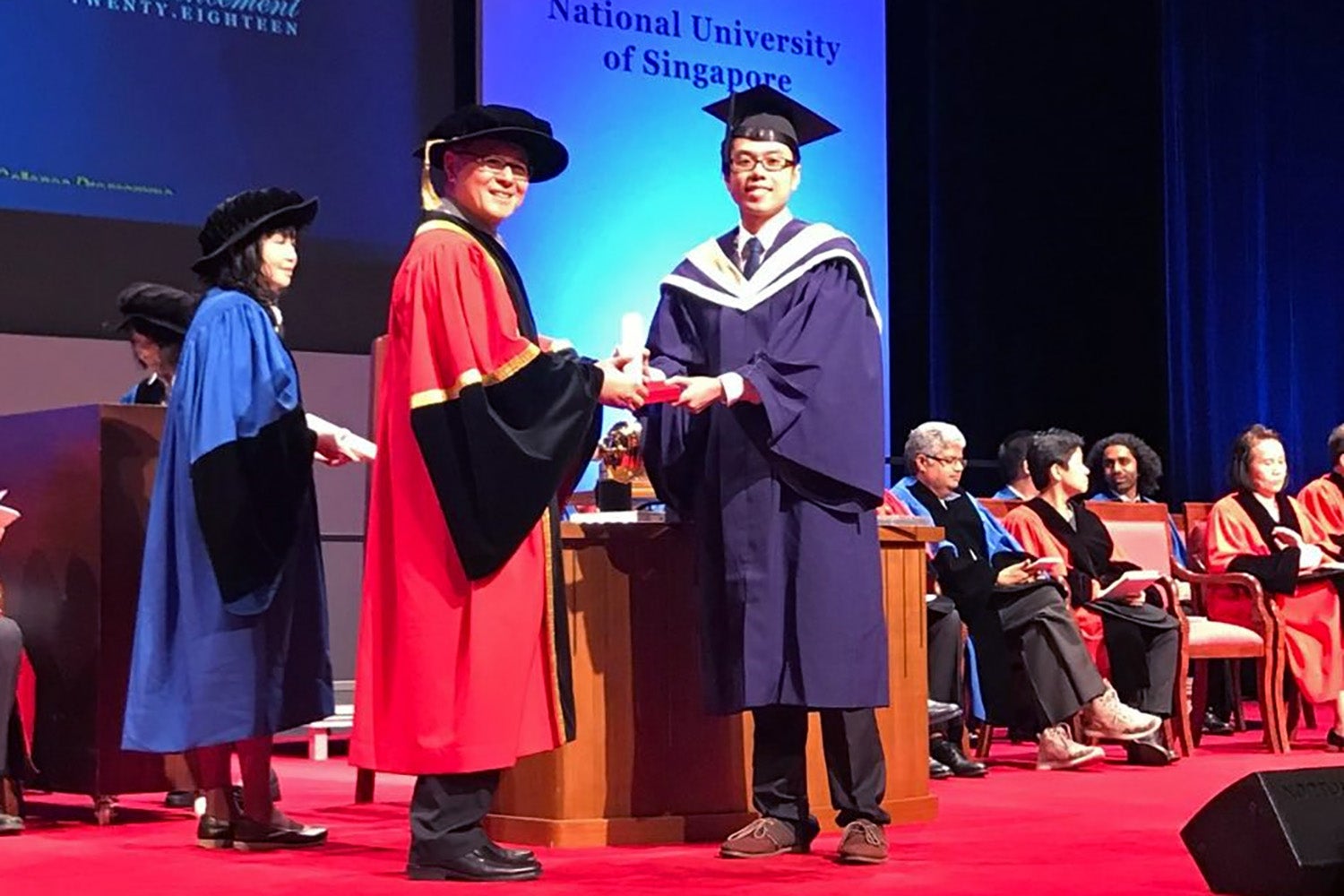
Computer Engineering graduate and Infocomm Engineer Zheng Yang won the OURP for his FYP in cloud computing system design and implementation. The project, supervised by Assistant Professor Richard Ma, investigates into adding new features to Heron, a real-time analytics platform developed by Twitter.
Zheng Yang said, “The project seeks to improve Heron in a few ways. Firstly, by enabling Heron to be elastic, so it can scale up or down according to its workload. Secondly, to optimise Heron for stateful processing by removing overheads incurred during scaling. Thirdly, to enable sharing of system resources for parallel processing done on the same machine.”
He described his FYP experience as enlightening, as it was his first time working on a large scale open-source codebase. “It was really enlightening to work on the code, and to see the various practices and conventions used by Twitter, an industry leader. I gained better insight on how to start working on large existing projects, and this was a good introduction to cloud computing, to be able to learn more about the design patterns that are used by industries”, Zheng Yang added.
Online Circle Packing by Oh Shunhao
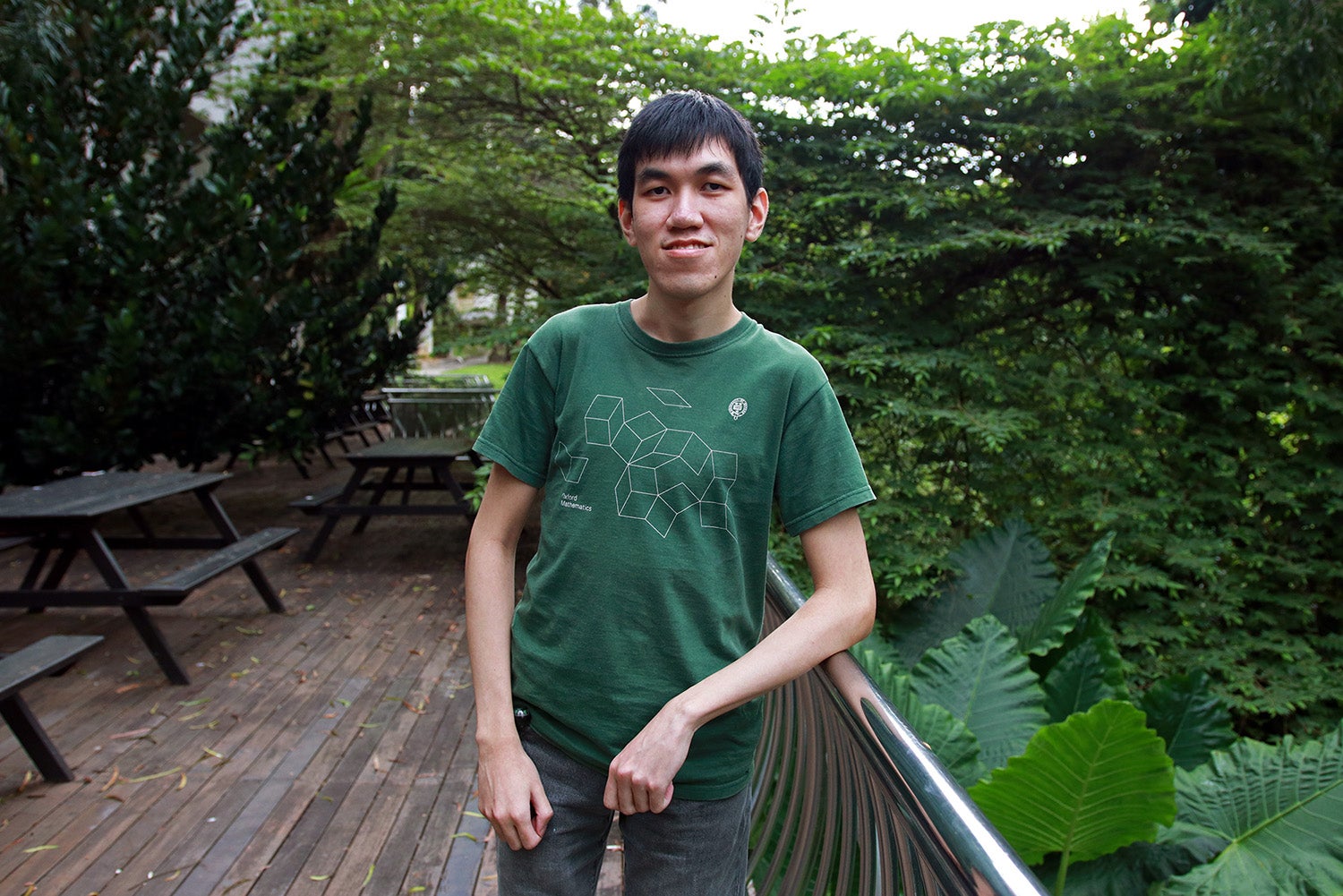
Computer Science and Applied Mathematics graduate Shunhao received the OURP for his extensive research on online circle packing. Circle packing studies the arrangement of circles, of equal or varying sizes, on a given surface so that no overlapping occurs and all the circles touch one another. In online circle packing, circles of varying sizes are released one at a time and they are usually not allowed to move once placed. This makes online packing of circles into a fixed region, like a square, challenging.
To find a solution for online circle packing, Shunhao, under the supervision of Associate Professor Seth Gilbert, adapted an established algorithm for circle packing to an online setting. “The Split Packing algorithm is not an online packing algorithm, it requires knowledge of all the circles before packing. To make our solution work, we allowed for reallocations in online packing, for objects to still be able to move after being placed. Our adapted algorithm was able to optimally pack circles into squares,” explained Shunhao.
“While circle packing is largely a mathematical curiosity, some known applications of circle packing include finding the optimal placement of transmitters to minimize interference with each other, as well as origami design,” Shunhao added.
When asked about his research experience, Shunhao said “In research, a lot of time needs to be dedicated to slowly thinking about the problem. It can be tough when there seems to be no progress until the problem is solved. I often try to solve simpler variations of the problem before tackling the actual problem. I believe most intelligent work comes from figuring out how existing ideas can be adapted to new areas, than designing things from scratch.”

